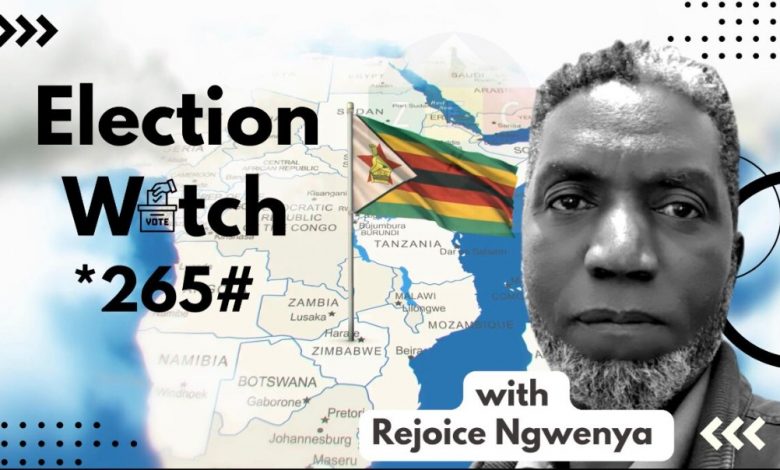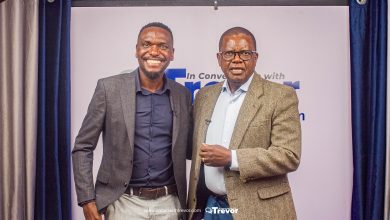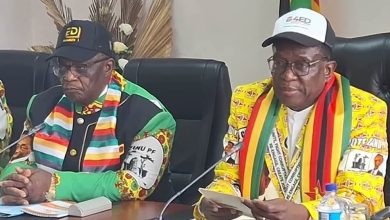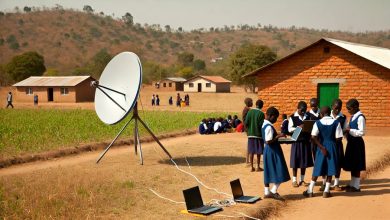50 Ways to Cheat in Zimbabwe’s 2023 Elections – Election Watch *265# – PART 4
Toxic Voters Roll Fights – Genuine or just another Devil’s Advocate drama?

By Rejoice Ngwenya
There’s no need for you and I to reach, neither do I seek a consensus. The bottom line is if we consider the logical flow of electoral cycles – here I mean a path-of-least-resistance-type flow, there is nothing as distractingly disruptive like a dysfunctional and discreditable voters roll.
Even if it is not entirely correct that for an election to be considered truly democratic, there ought to be a recognizable, tangible, auditable list of voters, it is impossible to prove that an election was truly democratic in the absence of a recognizable, tangible, auditable voters roll.
The roll is a proverbial ‘bible’ of electoral systems, just like in religion, that which a pastor cannot approach the pulpit without if his sermon has to be taken seriously. Its indispensability is almost unquestionable. So, why is it so important and why has this issue caused so much traumatic trepidation in literally all elections in Zimbabwe?
As with (my literary) tradition, I want a sneak preview of what our Zimbabwe Constitution says about this amazing, well-sought after and generally evasive document. It will be easier for me thereafter to make reference to the ‘blood on the floor’ battle between Zimbabwe Electoral Commission (ZEC) and various entities encompassing opposition Citizens Coalition for Change (CCC) and Team Pachedu. Had the voters roll not been a significant element of the electoral cycle, it would not raise such furor, hue and cry in our plebiscite.
As early as section 67 of our Constitution, we citizens are bestowed political rights that come with freedom to participate in (obviously free, fair and credible) elections. That is why in section 155 paragraph 2(a) we encounter the obligation of the State that all citizens eligible or qualified to vote as defined in the Fourth Schedule be registered.
Let me hasten to say that this ‘registration’ is not the sort of idiotic drama we witness ZANU.PF electoral vigilantes do in cheap exercise books under Muchakata trees, ‘two hundred metres from’ rural polling stations.
Zimbabweans ought to be smarter than chimpanzees, honestly! The same section 155 opines that the State – not ZEC – ensures all voters have ‘reasonable’ access to all necessary voting material and information. Thus, to the best of my knowledge, a voters roll qualifies as ‘material information’. Section 157 then stresses why electoral laws must be in place not just to facilitate registration of voters but also the existence of voters rolls.
All ZEC needs to do is merely refer to the Fourth Schedule for clarity on who exactly is eligible to vote, then enter that information. Surely this can’t be rocket science!
My million-dollar question then is this: if it is true that the ‘quality’ and quantity of voters rolls determine fairness, freeness and credibility of elections, why is there always a perennial argument about the ‘quality’ and quantity of voters rolls between ZEC, civil society, CCC and Pachedu? I will hazard a simple explanation of this conundrum – and again – you do not have to agree with me.
From a ZEC (assumed) perspective, the Constitution gives that Commission near-absolute powers to manage the voters roll. It then ‘legislates’ on ZEC to make sure we registered voters have ‘reasonable’ access to that roll – never mind the timing as defined in other sections of law. Now, ‘reasonable’ is largely subjective, so when ZEC says we cannot give CCC and Pachedu a voters roll (in whatever format) that may be ‘subject to manipulation’, they can rightly claim that they are protecting the privacy of citizens, ostensibly from ‘unreasonable’ Pachedu and CCC behaviour.
In other words, I, Rejoice Ngwenya, would be annoyed if ZANU.PF sends me personalised electoral messages using information gleaned Nicodemusly off the voters roll. Equally, I would be angry if I see my personal and residential details on Pachedu’s ‘voters roll audit’ report because they are not officially recognised as an electoral management body. So, it becomes a matter of consensus – or controversy – what actually amounts to ‘reasonable access’ to electoral materials and information – assuming the warring entities are themselves reasonable!
However, look at it this way: elections are a public exercise run by individuals and institutions meant to cooperate and collaborate with each other. When I was part of COPAC in 2009 – 2013, we did not for once contemplate a scenario of so much hatred, animosity and suspicion between ZEC and civil society. We designed the Constitution with ‘good people’ in mind! Our assumption was that ZEC would want to stick to its mandate to ensure that the election – any election – would forever be free, fair and credible. Neither did we assume that opposition parties and civil society would necessarily ‘witch hunt’ future electoral processes.
Therefore, if CCC, Pachedu and other civil society stakeholders are saying there is something about the voters roll that militates against freeness, fairness and credibility of our election, there is only one sensible thing ZEC can or should do for now – turn to regional best practice.
In SADC, we have countries like Botswana, South Africa and Zambia where elections are generally considered free, fair and credible. By the way, ‘credibility’ in this context does not mean only where opposition prevails.
It simply refers to a situation where the constitution is adhered to and all stakeholders accept the outcomes. Therefore, why don’t Justice Priscilla Chigumba and her subordinates study and apply those countries’ experiences as best practice? Why I am saying so – it is not for Priscilla Chigumba, Silaigwana and Ziyambi Ziyambi to tell Zimbabweans the 2023 voters’ roll is perfect and that elections will be free, fair and credible.
Freeness, fairness and credibility are as much tangible as they are about perception. Thus, the burden of action is on ZEC to do everything in its powers to dispel perceptions of State-sponsored electoral fraud – because all tax paying citizens – ZANU.PF, CCC, Civil Society – pay for the existence of ZEC. ZEC is not doing Zimbabweans a favour by allowing ‘reasonable access’ to the voters roll, no, it is a constitutional and legislative obligation. But then again, I have never heard ZEC claiming their voters roll is perfect.
Dealing with population is like handling a moving target, thus it would not be fair to expect our voters roll to be perfect. CCC and Pachedu statistical scientists ought to know about margins of error. They should also appreciate the Constitution does not prescribe absolute, unconditional access over everything about the voters roll. Yet if the law says citizens have to have timeous access to the voters roll, this implies that additional time can then be used to correct any (inevitable) errors in the document – much to everyone’s satisfaction.
What I see, as I observed last week, there is perennial, mutual suspicion between ZEC and some key stakeholders. Yet if we are all committed to free, fair, credible elections; if the voters roll is a major bone of contention; it is within ZEC’s powers to bring all stakeholders together and find a lasting solution. Unless of course, if the ruling party ZANU.PF is the single most prominent beneficiary to a dysfunctional electoral system. Or, alternatively, are CCC and Pachedu habitual mourners who do not appreciate implications of the statistical margin of error, perhaps just another version of modern-day Devil’s Advocates? We are tired of fighting like primitive cavemen. Let’s just borrow a leaf from South Africa, Botswana and Zambia on how voters rolls create one outcome – free, fair, credible and uncontested electoral outcomes.
Rejoice Ngwenya




